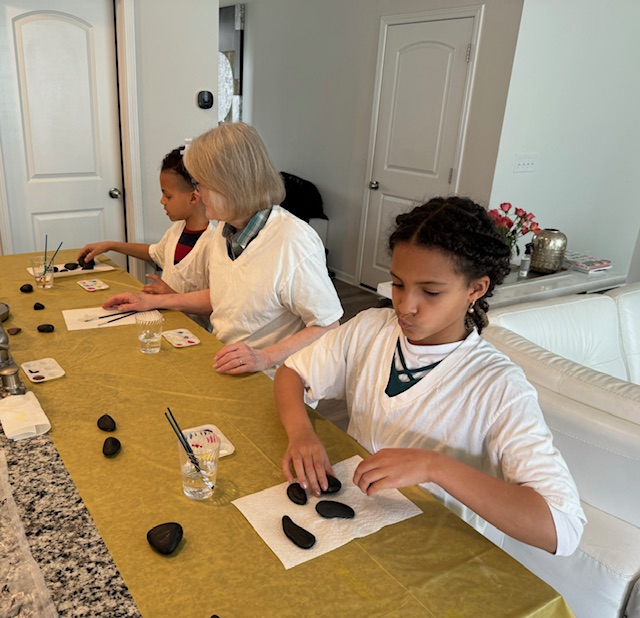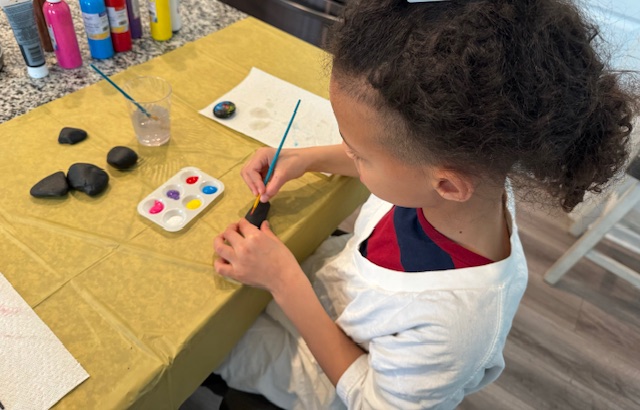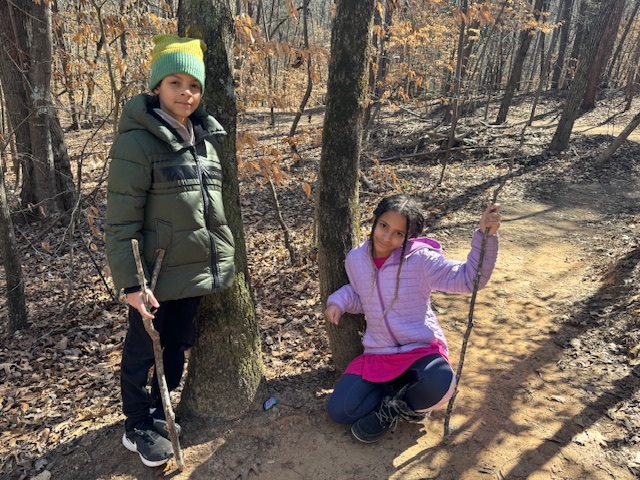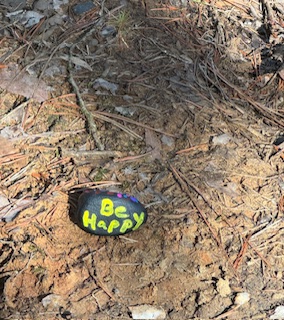We arrived on the island of Terceira a day before our official tour with OAT began.


We wanted to acclimate our body clocks, plus we wanted to get a hike in with our friends we travel with.

We had a good weather, a sunny day and an interesting hike up Mount Brasil.



The next day we met our OAT tour group. OAT promotes discoveries and experiences, so they bring the groups to small, local businesses and out of the way places, and even make unscheduled stops. One day we stopped at a farmer’s market and a fishing dock to talk with a local fisherman, neither one on the schedule for that day.

A few of the many experiences on the island of Terceira was a small winery tour, an organic coffee/banana plantation tour, seeing the dramatic tide pools, and having dinner with a local family. All were remarkable in their own way.


The Materramenta Winery was interesting. The vineyards were enclosed, and divided, by volcanic rock walls making it picturesque,



plus adding a unique and great flavor to the wines apparently.


After a tour of the vineyard, we were invited into a tasting room with a long, welcoming table.

The coffee/banana plantation was so different from the winery, yet beautiful in a different way. It was very lush.


José, has expanded his small business into eco lodging and built a few small camping cabins in the midst of the plantation.

The a-line cabins were inviting, and are creating more income for this family.

One of my two favorite activities on Terceira was going to the Biscoitos tide pools to watch the waves crash over the volcanic boulders along the shore.


It was mesmerizing. A fellow traveler commented with waterfalls the water flows down, but along the shore when the waves hit the rocks the water bursts up into the air.



Another favorite activity was a local home visit. One evening our big group was divided into three small groups and folks on the island invited us into their houses for a home-cooked dinner, and for a peek at how the islanders live. It was wonderful.

Due to different circumstances, our host was on his own with all six of us, but his wife had the meal mostly prepared and he pulled it off flawlessly. He was a great host and his 17-year-old and 6-year-old joined us near the end of dinner. We had a delightful evening.

And that was not all (that we did on Terceira)…But it is enough…(for now).

























































